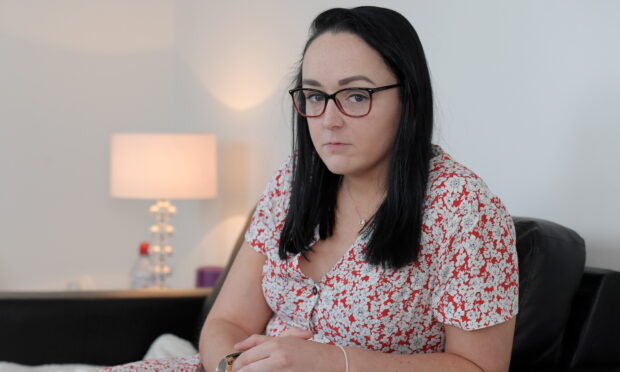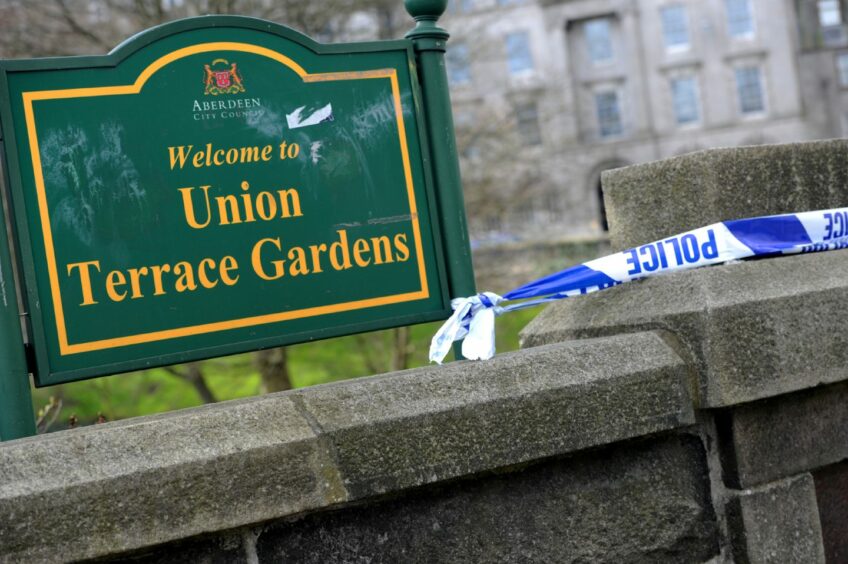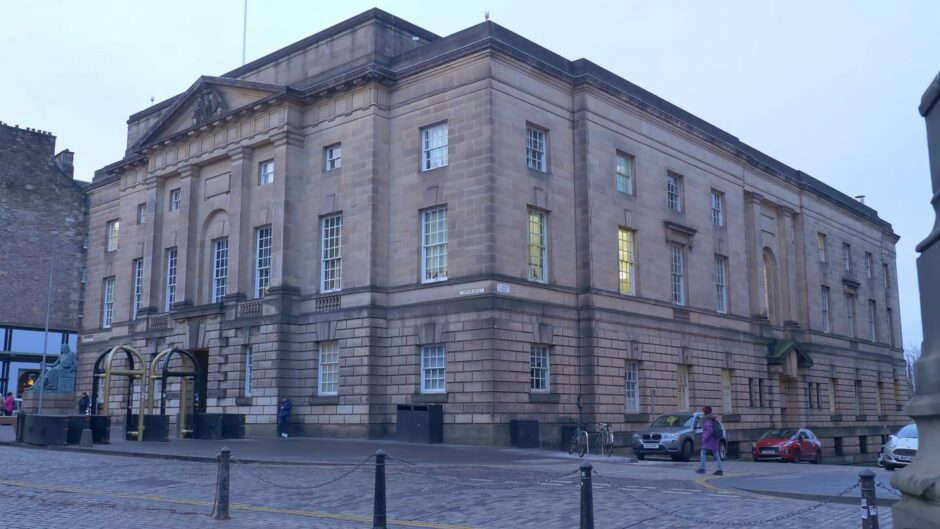A woman who was raped in an Aberdeen park has backed plans to shake up Scotland’s criminal justice system – including getting rid of the not proven verdict.
Katie Johnston, now 28, was sexually assaulted in Union Terrace Gardens on January 28, 2016.
The student nurse had been sitting on a bench texting a friend when she was dragged into the bushes and attacked.
Her attacker Alasdair McDonald was found guilty after a trial at the High Court in Edinburgh and jailed for 10 years.
Miss Johnston – who waived her anonymity to encourage other rape victims to come forward – has now welcomed the publication of The Victims, Witnesses and Justice Reform (Scotland) Bill.
It outlines proposals to scrap Scotland’s not proven verdict and address a number of issues around serious sexual offences.
‘Brilliant thing’
Discussions around Scotland’s third verdict, which has the effect of acquitting the accused, has been ongoing for a number of years, with there being no equivalent in other parts of the world.
The bill will also create a new specialist sexual offences court and change the size of criminal juries from 15 to 12, with a two-thirds majority needed for a guilty verdict.
Regarding plans to scrap the not proven verdict Miss Johnston, who is now a nurse in Ayr, said it would be “brilliant” – and potentially encourage other victims to come forward.
She told The Press and Journal: “Obviously there’s the trauma of first experiencing such a crime and then being brave enough to go to the police and report it all.
“To go through that whole process, then having to go to court and then repeat the story again to a courtroom full of people, and then for it to be not proven would just be absolutely devastating to hear. It would feel like a waste a time of really.”
Another proposal in the bill is to give Scottish Government ministers the power to carry out a pilot of rape trials being conducted by a single judge and without a jury.
Regarding these plans, Miss Johnston said she “sees both sides” to the argument, adding: “If there’s someone making false accusations, then it’d be beneficial for the person being accused to have a jury.”
However, she says that in most rape and sexual assault trials, the person coming forward is “telling the truth”.
Having to give evidence to 15 jury members – who she described as “strangers” – is effectively “re-traumatising victims” as they have to relive “probably the most traumatic time in their life,” she said.
‘Stressful’
Recalling her own case, which she describes as “stressful”, she added: “I just remember any slight change in their behaviour or their facial expressions from across the room.
“I immediately took that on board as ‘oh no, I’ve said something wrong, I’ve done something that was not agreed with’. All this weighs on you and you think ‘have I said something wrong that could mean that this dangerous person is released into the public again?'”
The legal shake-up has split opinion, with the Law Society previously warning there could be an increase in miscarriages of justice if not proven is scrapped as a verdict.



